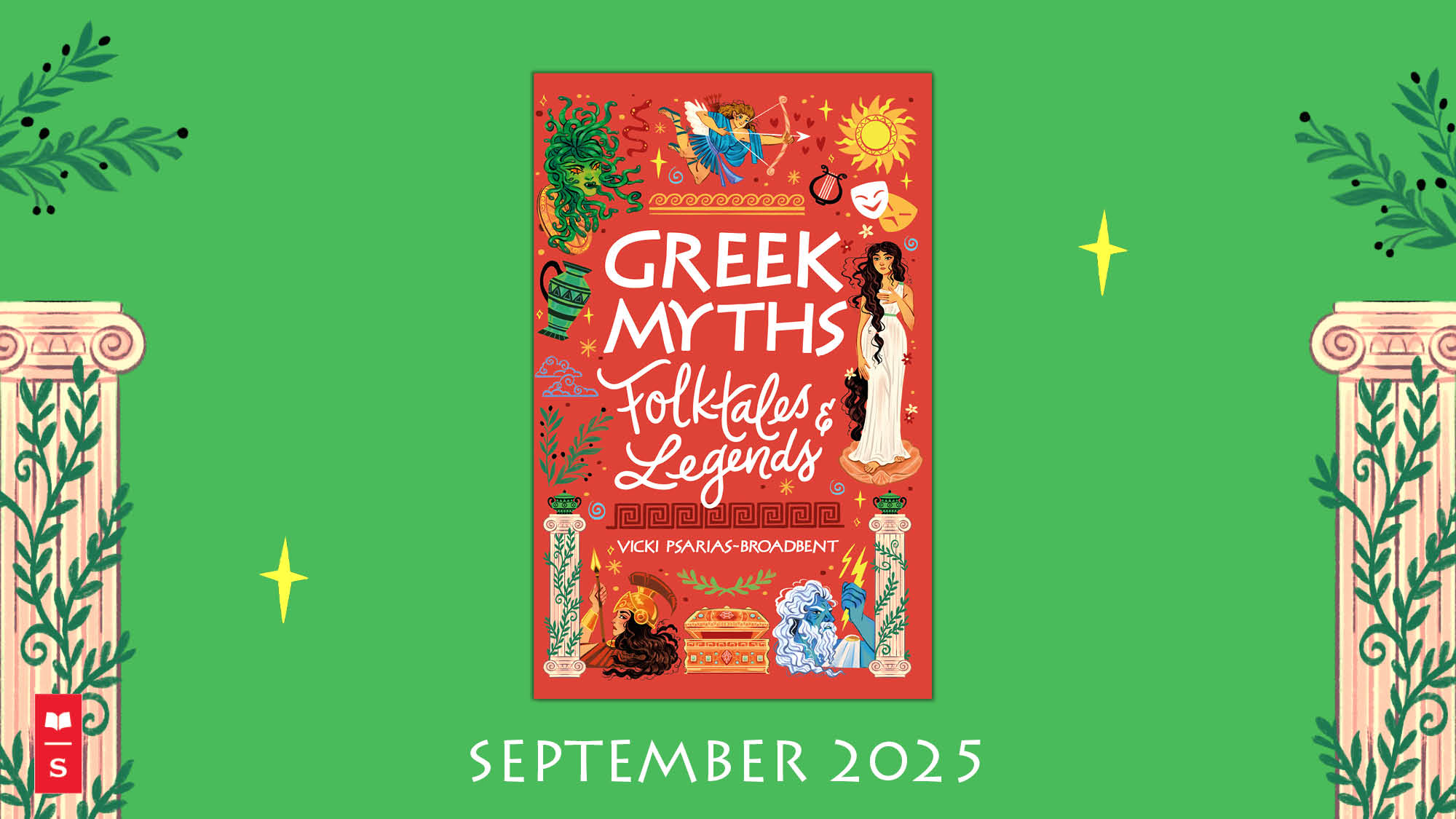
Key highlights from the research include:
– Nearly 1 in 4 mums believe it’s unrealistic to progress in theirwith children – almost 3x higher than dads.
– More than two-thirds (69%) of dads are very clear about who and what they want to become in the future, compared with just over half of mums.
– Mums feel less resilient (62%) and have lower self-esteem (61%) than dads (55% and 51% respectively) returning to work after parental leave.
– 29% of mums who left their organisation during parental leave felt they had “no other choice”. 17% were made redundant.
– 14% of mums said they were very unsettled or unsettled by the transition to becoming a working parent, compared to just 8% of dads who felt the same.
– 69% of mums reported moderate to extreme guilt, versus just 57% of dads.
Mums considerably less optimistic about professional future than dads—reveals study
– New study paints sobering picture ofreality facing today’s working parents.
– Majority of mums forced to sacrifice , while dads forced to sacrifice parenting.
– Employers risk exodus of working parent talent – a cost to the economy and society.
– Research reveals what’s needed for working parents to thrive, not just survive.
Nearly a quarter (22%) of mums think it’s unrealistic to progress in theirwith children – almost three times higher than dads (8%) – according to a new survey of working parents, with many struggling to envisage a professional future for themselves.
Conducted by WOMBA (Work, Me and the Baby) in partnership with Hult International Business School, the survey of over 700 working parents marks the final stage of a four-year, multi-phase academic research programme, which paints a sobering picture of therealities facing working parents today.
“It’s incredibly challenging for mums and dads in the UK to manage parenting with a . Most parents are forced to choose one or the other, which means that there is nearly always a sacrifice – for mums, it’s a , and for dads, it’s parenting,” says Helen Sachdev, working parent champion and director of WOMBA (Work, Me and the Baby).
“Not only do many mums feel they are unable to progress in their s with children, but many feel they have no other choice but to leave the workplace altogether – forced out by a lack of support, poor organisational set-up and a legacy of unequal governmental support.”
Working parents make up around one third of the UK’s workforce. “At the point workers become parents, they are often at a criticalstage and represent a high proportion of the future talent pipeline. Our study findings offer critical insight into the changes required not only to retain and attract a huge talent group, but to help working parents thrive,” says Sachdev.
“We urge organisations and policy shapers to apply this understanding to improve the experience of working parents – for the benefit of families, employers and the economy.”
Mums are less able to imagine a professional future.
The study showed that dads were consistently more confident and optimistic than mums about their futureprospects. Over two-thirds (69%) of dads said they are very clear about who and what they want to become in the future, compared with just over half (53%) of mums, whilst 66% of dads said they could easily imagine their Future Work Self*, compared to just 51% of mums.
Whilst almost one third (31%) of mums said the commitment to theirhas dropped since becoming a parent, only a fifth (20%) of dads felt the same.
This uneven playing field suggests many employers do not have equally accessible support for the progression and long-term ambition of all parents.
Mums forced to leave v dads choose to leave.
This imbalance is also reflected in why parents leave their organisations. Of the mums who no longer work at the organisation where they took parental leave (16%), 41% quit during their parental leave period. 29% said it was because they felt they had “no other choice” and 17% were made redundant.
In contrast, only 5% of dads had left the organisation where they took parental leave. Nearly three-quarters (71%) said they left to move onto a better opportunity elsewhere – compared to just 53% of mums who said the same.
Retention and reputation are at risk
For organisations, the retention gap is costly. Dads are more likely than mums to intend to stay with their employer (68% versus 61%), while 14% of all working parents surveyed said they do not plan to be with their current organisation in two-years’ time.
Beyond retention, there is also a reputational risk for employers – 12% of parents would not recommend their workplace as a good place to work for working parents.
Employers failing to prepare parents for return to work
Returning to work was widely experienced as the most challenging part of the journey to being a working parent – 68% of mums and 64% of dads reported it as moderately to extremely challenging.
The data also revealed distinct patterns in how mums and dads experienced the transition into working parenthood. 14% of mums said they were very unsettled or unsettled, compared to just 8% of dads who felt the same, and 69% of mums reported moderate to extreme guilt, versus just 57% of dads.
Mums also experienced lower levels of resilience (62%) and self-esteem (61%) than dads (55% and 51% respectively).
Despite the clear challenges, many organisations are failing to prepare returning parents effectively: more than one third (36%) of parents were not offered KIT (Keep in Touch) days, 43% of parents did not have communication from HR whilst they were on leave, and nearly one third (32%) received no communication from their manager.
The study also suggests that too many parents are being left to navigate their return to work alone – 43% of dads and 49% of mums were not offered a return to work induction, whilst 52% of dads and 63% of mums were not given a return to work interview.
What do parents need to thrive, not just survive?
When parents were asked about the factors that have most influenced their ability to thrive at work, both mums (88%) and dads (87%) rated financial stability as the most important.
The other top factors for mums were flexible working hours (85%), being trusted (84%), having a supportive manager (83%) and affordable childcare (84%). For dads, the ability to bring one’s whole self to work (81%), the ability to balance work and parental identity (81%), being trusted (81%) and having a supportive manager (79%), were of high importance.
Though they differed in how they ranked their importance, mums and dads identified the same 13 critical factors as influencing their ability to thrive in the workplace. These form The Thrive Model, developed by WOMBA in partnership with Hult International Business School – a complex and multifaceted system of the organisational and parental factors needed to enable working parents to thrive:
Organisational system:
-
Flexible working hours
-
Remote / hybrid options
-
Supportive manager
-
Supportive colleagues
-
Parent-friendly culture
-
Inclusive culture
Parental system:
-
Financial stability
-
Affordable childcare
-
Supportive family and friends
-
Ability to balance work and personal identity
-
Ability to make choices
-
Opportunity to bring whole self to work
-
Being trusted.
Sachdev says, “The time to act is now, for organisations to future proof their talent pipeline and remain competitive. We believe a systemic approach is required – including public policy reform – for thriving working parents to become the norm. Parents also have an opportunity to influence employers through their individual and community-led actions.”
Dr. Lee Waller, Professor of Occupational Psychology, Hult International Business School, says, “If organisations themselves are to thrive, they need to attract and retain diverse talent – people who think creatively, manage competing priorities, and collaborate through empathy. No group is better equipped with these skills than working parents.”
We need robust infrastructure in the workplace but also society to retain and support women in the workplace.
*The term ‘Future Work Self’ refers to an individual’s representation of himself or herself in the future that reflects his or her hopes and aspirations in relation to work. The clearer and more accessible this representation, the more salient the future work self (Strauss, Griffin and Parker, 2012).
Survey methodology
Online quantitative survey of 706 working mums and dads (373 mums and 333 dads) 2023-2024. The aim of the survey was to explore the experience of working parents.
The WOMBA x Hult International Business School working parent research programme
The focus of the WOMBA x Hult International Business School research is to understand what organisations can do within their system for working parents to thrive rather than survive, or be forced to make a choice between parenting or their s.
Throughout, the research approach has been gender equal and with intersectional representation, underpinned by research and statistical rigour and with the organisational system in mind. The approach has been comprehensive and involved listening to parents via 28 in-depth interviews, exploring the perspective of organisations with 24 people leads, and finally a quantitative survey of more than 700 working mums and dads.
Dr. Carina Paine Schofield, Director, Leadership Impact Lab at Hult International Business School, said: “Whilst there is no shortage of media coverage of the challenges working parents face, there is very limited academic research in this area, particularly in the UK, or including working fathers. This study – first listening to working mothers and working fathers’ stories, and then quantifying what’s important to them – offers a unique and comprehensive insight that can be applied by organisations.”
About WOMBA (Work, Me and the Baby)
Founded in 2015, WOMBA (Work, Me and the Baby) is a coaching and advisory practice with a depth of expertise in partnering with organisations to support their working parents and leaders. In 2022, 2023 and 2024 WOMBA was recognised as a top 10 Diversity & Inclusion service provider.
WOMBA is known for its thoughtful, research-backed coaching programmes; helping organisations retain talent and enabling individuals to thrive at work. For the past four years WOMBA has partnered with Hult International Business School on ground breaking research to understand what’s needed for working parents to thrive.
WOMBA partners with a diverse set of professional services clients across the consulting, legal, financial services, retail, technology, media and digital sectors. www.wombagroup.com
About Hult International Business School
Hult is for those made to do. Hult strives to create a better future for all by inspiring and challenging everyone within its dynamic community to make an impact that matters. With program offerings from undergraduate through doctorate levels, a global campus network, and a student body that represents more than 150 nationalities, Hult proudly pioneers a ‘learn by doing’ approach. Hult is recognized by top international accrediting bodies including the Association to Advance Collegiate Schools of Business (AACSB), the Association of MBAs (AMBA), and The European Quality Improvement System (EQUIS).
Visit www.hult.edu.
Pre-order my debut children’s book
Greek Myths, Folktales & Legends for 9-12 year olds
Published by Scholastic. Available on Amazon
Disclaimer: This content was automatically imported from a third-party source via RSS feed. The original source is: https://honestmum.com/research-finds-mums-are-less-optimistic-about-their–prospects-than-dads/. xn--babytilbehr-pgb.com does not claim ownership of this content. All rights remain with the original publisher.







